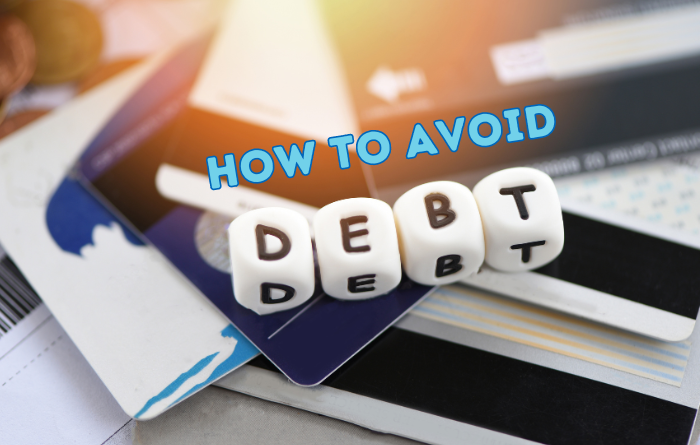How to Avoid Debt

The four letter word we all do our best to avoid…debt. It can be a scary and often times makes people anxious. Nobody wants to be in debt, but the reality is, most people don’t have an option. According to a Bankrate credit card poll, 35 percent of U.S adults carry debt from month to month, up from 29 percent last year. It is our hope that we can provide you with some tips to minimize your debt.
Learn how to avoid debt with these tips:
- Create a budget. This will help you keep track of your money. Start by listing all of your expenses, including your mortgage, utilities, loans, groceries, etc. You will also need to calculate how much income you receive each month. The goal is for your income to be higher than your expenses. If your expenses are higher, take a hard look and see if you are able to reduce your expenses.
- Build an Emergency Savings. An emergency savings fund is especially helpful for any unexpected expenses, such as medical bills or car repairs. Start out small and increase as you are able. If possible, automate your savings, which will make it easier to build up your reserve. Check out our blog article, which features ways to build up your savings.
- Don’t borrow more than you need. In some circumstances, there is no way around borrowing money. However, borrow the smallest amount that will still allow you to achieve your goal. If you can afford to make a larger down payment on your mortgage or car, that will also help to lower your monthly payment.
- Use credit cards with caution. Credit cards can be a blessing and a curse. We all know they can provide extra rewards, but if they aren’t used wisely, you can end up in an overwhelming amount of debt. Use your credit card like a debit card. Only buy items you can pay in full by the time your payment is due. This will keep you from paying high interest charges or late fees and will potentially help strengthen your credit score.
- Keep a strong credit score. Your credit score is calculated by pulling information from your credit report, such as, money you owe on outstanding loans; late and on time payments; length of time you’ve had credit; and the amount of new credit requests. The higher your score the better and the more money you’ll end up saving on interest. To learn more about credit scores, check out our blog.
Avoiding debt doesn’t necessarily mean you have to pay cash for everything. You know yourself better than anyone else. If you can benefit from using financial products that offer rewards and grow your credit, go for it! It’s all about sticking to your budget and not living above your means.

